The Asia Foundation: Nabilan
Creating a framework for a technology-based domestic violence intervention.
- Timor-Leste
- 12days in-country
Across Timor-Leste, approximately 75% of women and men have experienced physical or sexual abuse during childhood. In light of this, The Asia Foundation engaged S1T2 to provide technical advice on how technology could be used to address the issue of domestic violence in the country. After conducting in-depth desk research and embarking on an intensive two-week Discovery mission, S1T2 provided a framework for how a technology-based domestic violence intervention could be successfully piloted in Timor-Leste.
Understanding the issue
ContextAcross Timor-Leste, there are widespread experiences of violence against women. The Asia Foundation’s Health and Life Experiences Baseline Study found that 59% of ever-partnered women aged between 15 and 49 years had experienced physical and/or sexual intimate partner violence in their lifetimes, and 47% had experienced violence in the previous 12 months.

Despite its prevalence, few survivors seek help. It is thought that social norms may be prohibiting support for women in need. These same social norms are also complicit in the systemic perpetration of violence. As such, efforts to address domestic and gender-based violence must look to transform community values and gender dynamics to prevent violence.
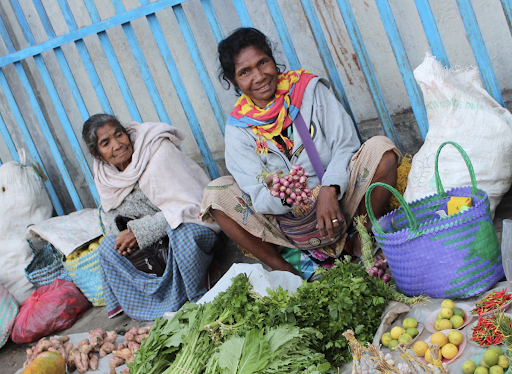
An opportunity for change
Brief + Scope
In an effort to tackle gender-based violence in Timor-Leste, The Asia Foundation has developed the Nabilan Program. First piloted in 2015, this intervention uses a community-based approach to foster social change on domestic violence.
As part of Nabilan’s second phase, we worked with The Asia Foundation team to explore the opportunity of harnessing growing rates of technology use in Timor-Leste to empower young people to engage in healthy relationships and help-seeking behaviours.
Learning from others
Literature ReviewThe first step in the consultation process was desk research. After familiarising ourselves with the Nabilan program to date, we conducted an in-depth literature review. The goal of this research was to understand the potential for technology-driven interventions targeting domestic violence. We focused on exploring how social media, mobile phones, games and other technologies could be used to address attitudinal and behavioural shifts related to domestic violence. What we found would give us a baseline for what approaches may or may not be useful.
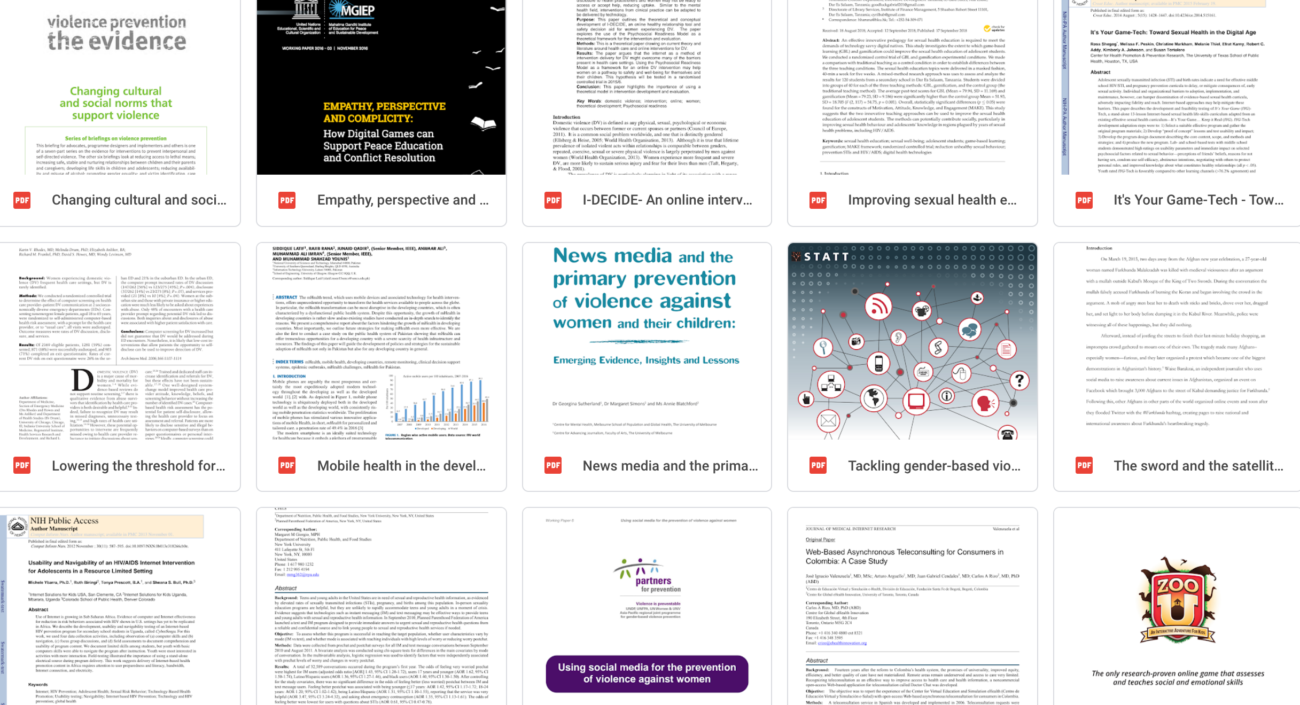
Gaining first-hand experience
Discovery MissionHaving completed the initial round of research, we embarked on a nine-day discovery mission in Timor-Leste. During this mission, we immersed ourselves in the local landscape and culture. We also conducted interviews and structured workshops with key stakeholders, domestic violence advocates, local students and technology experts.
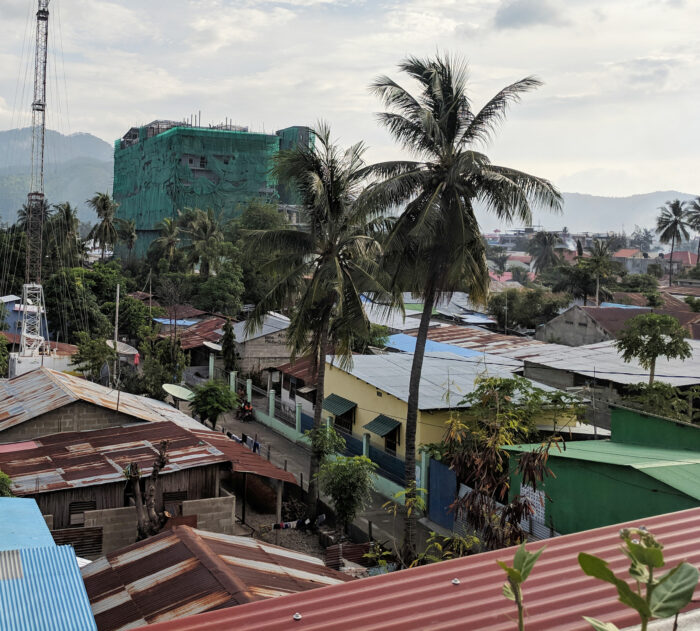
The discovery mission gave us a more comprehensive understanding of the cultural context and existing program response to gender-based and domestic violence in Timor-Leste. We then worked to combine this understanding with our desk research to develop a framework for how a technology-based intervention could address social norms around domestic violence.
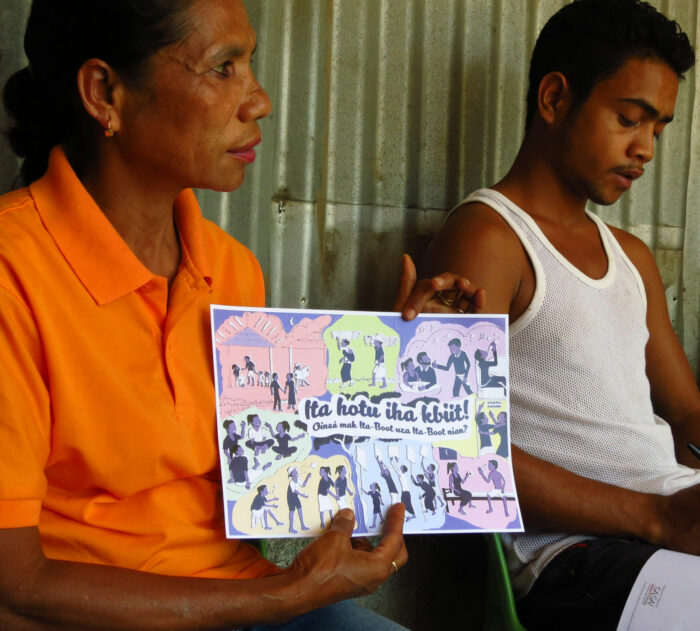
A collaborative design approach
Interviews + WorkshopsA crucial part of our discovery process in Timor-Leste was to collaborate with people and organisations on the ground. To do so, we met with key stakeholders and individuals who had experience working within the subject matter of healthy relationships, domestic violence and/or sexual harassment. We also spoke with organisations that have already developed or implemented technological solutions in a Timorese context.
These interviews and workshops helped us to understand the complexity of the issue in greater depth, and to anticipate the opportunities and challenges a technological intervention might face in Timor-Leste.
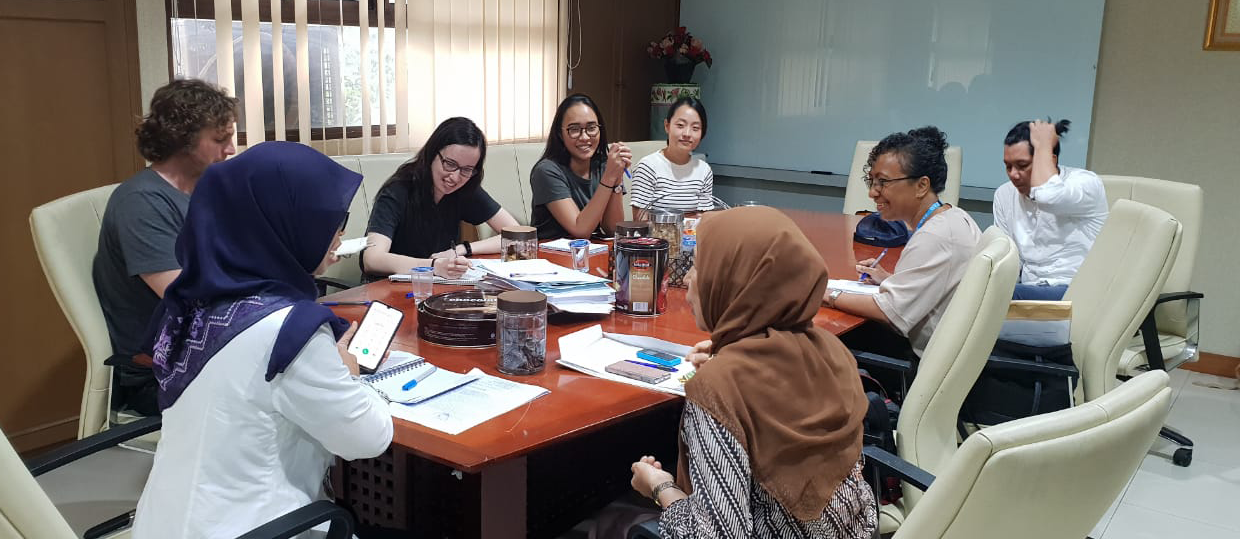
Increased impact through partnerships
Partner EngagementWe also used our time in Timor-Leste to meet with as many like-minded organisations as possible. This included other nonprofits and government entities targeting women's rights and domestic violence, as well as a number of social enterprises working to provide support to Timorese people through various avenues.
Through these meetings we were able to establish the foundation for a network-centred approach to innovation. This became a vital pillar of our recommended framework for the sustainable design, development and deployment of a technology-driven intervention targeting healthy relationships and gender-based violence.
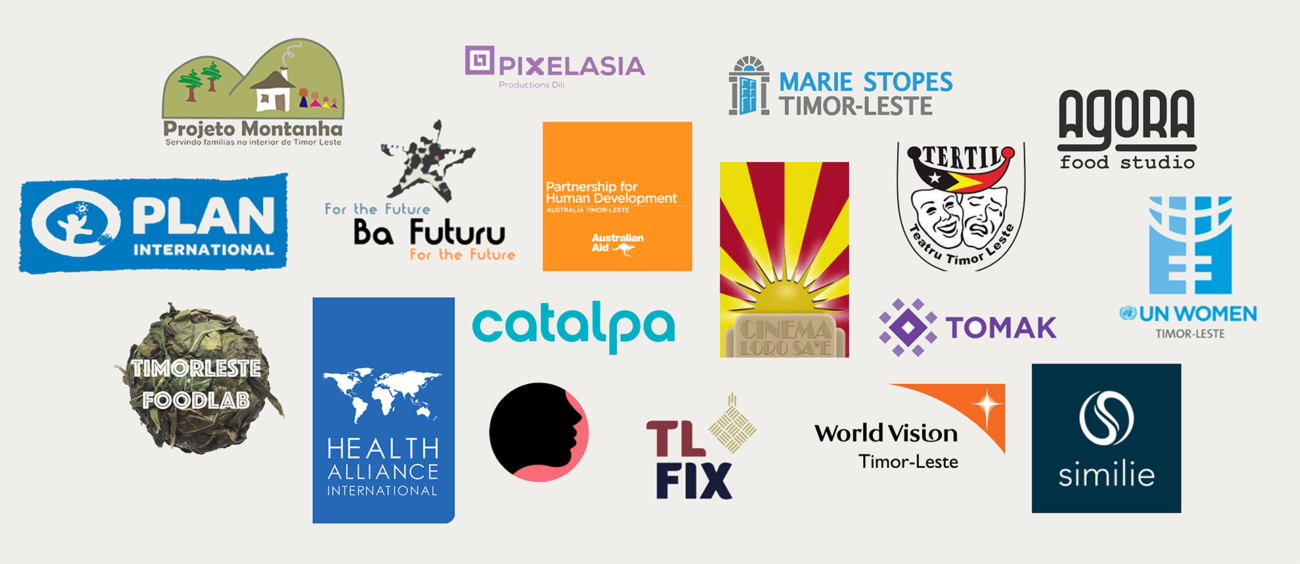
Recommendations for future development
Final ReportThe final stage of our consultancy with The Asia Foundation’s Nabilan program culminated in the creation of a final report synthesising our learnings and formulating a strategy for moving forward. While initially conceptualised as a set of recommendations for moving forward, the final deliverable included not only an overview of our research, but also a comprehensive framework for how the Nabilan Program could implement a technological intervention for domestic violence in Timor Leste.
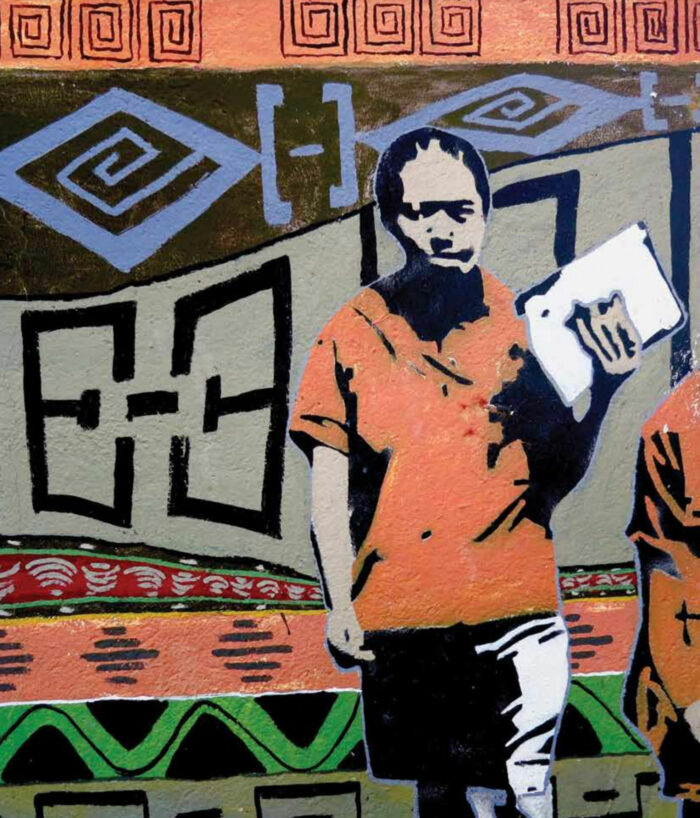

Stay in the loop
Subscribe to our newsletter to receive updates and insights about The Asia Foundation: Nabilan and other S1T2 projects.
















